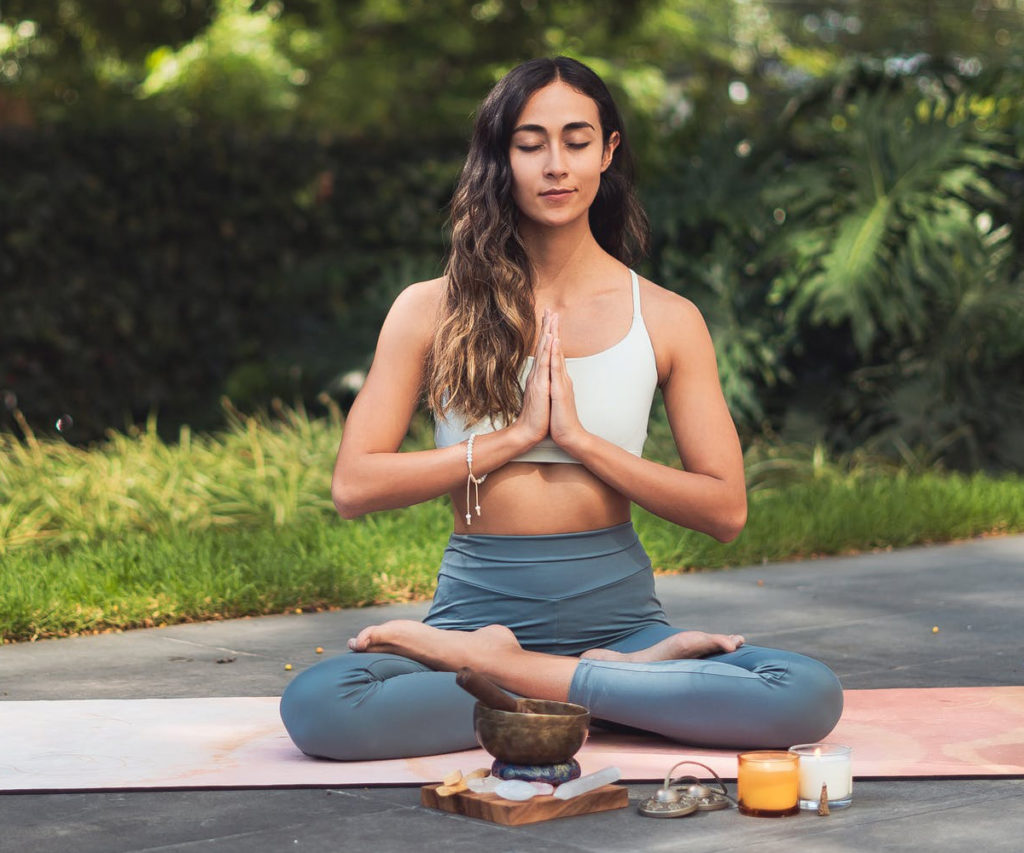Anxiety comes in different forms and levels of severity. You may experience low-levels of stress before a presentation or have a severe panic attack that makes it impossible to leave the house. All forms of anxiety are valid. It’s fine if you do not feel okay and need to take steps to return to a sense of calm. It is possible to lower your instances of severe anxiety and live a healthier, happier lifestyle. Follow these four tips and see which ones work for you.
1. Consider getting professional help.
Many people live with anxiety because they don’t think it’s “severe enough,” to merit treatment. They will self-diagnose their problems and try to talk themselves through them rather than talking to a therapist who can guide them to better understand the cause and effects that they feel. You don’t have to cope with your anxiety alone. There are experts who are able to help you.
Do not underestimate your feelings of distress. Even if you meet with a therapist monthly as a routine check-in, they can still help you develop healthy coping mechanisms and guide you to avoid triggers. Your therapist may also recommend some medication for your anxiety in certain cases. If you don’t feel comfortable with medication, they may also suggest more natural supplements, such as CBD gummies, as an alternative. CBD comes in various forms, be it CBD oil, gummies, tinctures, or other edibles. It can be a great option if you’re looking for something natural to just take the edge off. Derived from the hemp plant, CBD products are THC-free, which means that they don’t have any THC — the part of the hemp plant that causes the well-known psychoactive effects. With THC-free CBD products, all you get is the calming effect, which can help with anxiety or any other stress-related medical condition. Plus, the CBD gummy bears come in different flavors, and they’re vegan, gluten-free, and made of natural ingredients. Even a little bit goes a long way.
2. Change up your living environment.
Your living conditions play a significant role in your mental health. If your home is cluttered, dirty, or dingy, you won’t feel good when you get home. You may find that you don’t sleep as well at night or that your anxiety builds because of your home care needs.
Set aside a day to take back your home. Organize your cabinets, closets, and general living areas. You may even consider getting a housecleaning service for the day to conduct a professional deep clean. This will help you relax at home and give you a safe haven for your living areas.
You can also consider updating your decor to lower anxiety levels. Look into some hanging plants and ways to add natural lights to create a relaxing living environment to come home to. Houseplants have been proven to have a calming effect, and, if you don’t have a green thumb, many are easy to care for. Try a few small plants on a windowsill, and indoor hanging plant, or a spider plant by your door. Even without direct sunlight, you’ll see a difference in the whole atmosphere of the room by adding a few houseplants.
3. Learn to identify your triggers.
Everyone’s anxiety is triggered by different things. Some people become stressed by future social events, which can affect the current state of their mental health. Other people feel anxious about their workloads and careers, which leads them to wonder if they are doing enough.
Figure out what is triggering your anxiety. If you can find the trigger, then you can understand whether your symptoms are misplaced and you can possibly change your reactions. You will also be able to better communicate your feelings with others. Instead of getting upset or lashing out in anger, you can explain that you are experiencing high levels of anxiety and discuss why. Identifying these triggers is challenging, but can help you significantly when coping with anxiety.
4. Look for factors that worsen symptoms.
Anxiety rarely works in a vacuum. Stress about an event or relationship can be worsened by a lack of sleep, poor diet, or other physical issues. These outside factors don’t lessen the validity of your anxiety, but they can be addressed to help you reduce it.
The next time you experience high-stress levels, check-in with yourself to see if there are any self-care steps you need. You might think working through the night can ensure you nail a presentation, but your body might really need a warm meal and time to rest. Take care of your physical health and your mental health will follow.
You might not be able to completely eliminate anxiety from your life. However, you can take steps to reduce it and cope with your stressors in a healthy manner. Hopefully, these tips can guide you to make the changes you need.






